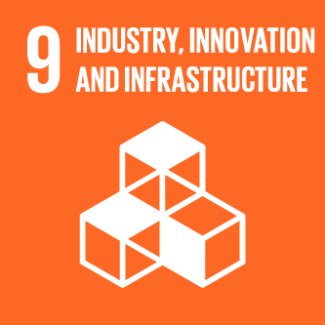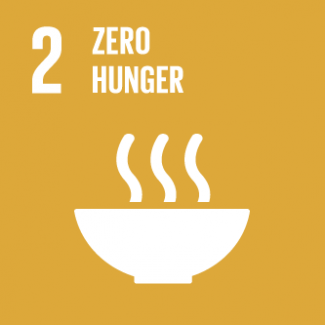Commodity prices reached a record high in East Africa, since early 2022 as a consequence of successive crises such as the COVD-19 pandemic, the war in Ukraine, and economic hardship leading to manufacturers price rise. This includes edible oil, soap, gas and other basic household items. The cost of living in Tanzania soared and a growing number of people are on the verge of extreme poverty and acute food insecurity. Tanzania produces 205,000 tonnes of cooking oil annually, which is insufficient to meet its annual demand of 570,000 tonnes. The country spends over USD 190 million annually to import 365,000 tonnes of edible oil to cover for the shortage. And yet, close to 10,000 small-scale farmers – including youth and female farmers - involved in edible oil crop farming lack the support they need to enhance their productivity and income.
The YES Group provides goods and services to actors along the edible oil value chain, including: i) Edible oil pressing service: the YES Group offers to rural farmers the capacity to press sunflower seeds, as well as oyster nut, avocado and pumpkin seeds to produce organic edible oil. ii) Agronomy services: the YES Group identifies registers and offers training on edible oil crop to rural communities, especially youth and women to expand the production of edible oil. They provide seeds to help smallholder farmers start their businesses. They also support registered and unregistered farmers in planting, and harvesting seeds to produce edible oil. iii) Production and direct sale of edible oil from sunflower seeds, oyster nut seeds, pumpkin seeds and avocado oil on the Tanzanian market. The YES Group is also scaling up the use of avocado fruits, which is cheaper compared to other edible oil due to raw material availability, in the soap making business as sourced from YES Group pressing centres. iv) Production of animal feed and briquette: the company utilizes by-products of oyster nut shells to produce briquettes as an alternative fuel for cooking; and other biowaste, obtained from the processing of edible oil, to produce animal feed.
In 2021, the YES Group trained and empowered 4,746 individuals including farmers, women and youth on edible oil farming businesses, contributing to raising the income of local population and to promoting sustainable agriculture practices. The potential market for edible oil amounts to 365,000 tonnes yearly in Tanzania and close to 10,000 rural farmers need oil pressing services. The YES Group is working to increase their edible oil production to tap the national market. The company also plans to reinforce its positioning in the soap-making market by scaling up the production of avocado oil. It plans to expand its activity to Uganda and Rwanda where the Group already started to provide edible oil. YES Group is looking to raise USD 200,000 to finance construction of good storage facilities, transport facilities and purchase of centrifugal machines for refining avocado oil and other essential oils as well as vehicle for transportation of raw materials from farmers.
The YES Group is one of the finalists of UNDP’s 2022 Growth Stage Impact Ventures (GSIV) in Tanzania, in the Food and Agriculture sector. The GSIV takes the Tanzania SDG Investor Map to one step further by identifying through a highly competitive process enterprises in Tanzania that have developed at-scale products and services that contribute to the SDGs while achieving commercial success and are committed to embed impact considerations into decision-making. By showcasing and supporting these ventures, UNDP aims to bring forward evidence of the existence of pipelines of investable ventures that can advance the transition to SDG-aligned investment in Tanzania.

















